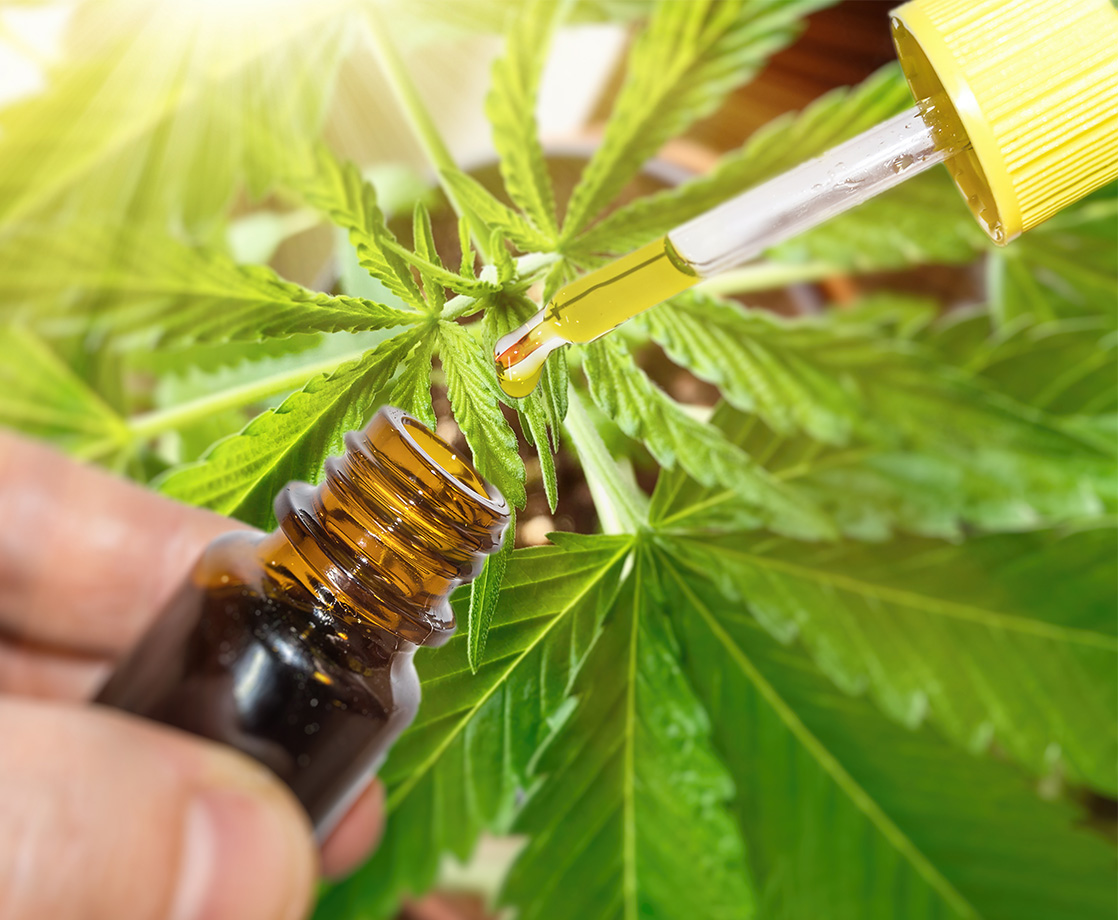If you’re heading to the head shop or health store for a new hemp-based CBD product to help curb your anxiety, relieve your arthritis, or just spice up your morning latte, you may be unknowingly purchasing pesticides, heavy metals, or something that contains no actual cannabidiol at all.
According to a new investigative report from Ellipse Analytics and CBS Austin, 70% of the 240 top selling hemp CBD products available online or in non-dispensary retailers tested positive for heavy metals like lead and arsenic, concentrated chemical pesticides, toxic mold, and other potentially dangerous impurities.
“You have an industry that has a rampant quality control issue,” Dr. Sean Callan, who lead the Ellipse cannabidiol testing research, told CBS Austin. “Comparing [CBD] to other supplements that we’ve tested, we found really high levels of pesticides, really high levels of heavy metals.”
Since the federal Farm Bill was signed into law last year, hemp-derived CBD products containing less than 0.03% THC are technically legal across the United States. But without regulatory oversight from the Food and Drug Administration, the cannabidiol industry may as well be the Wild West.
In addition to residual fungicides, pesticides, and ground metals, Callan’s team found that most hemp CBD products on the market contained significantly less cannabidiol than advertised.
“They have to test for the THC content because there’s a federal law,” Callan said, “but there’s no rule that says you have to actually test your CBD content.”
Until full-scale federal growing, importing, testing, and labeling standards are applied to hemp products the same way they are to our food and other medicinal supplements, the CBD fad sweeping the nation will be marred by snake oil hucksters.
Curious if your preferred hemp product is safe? Check out this list of test results of popular CBD wares from consumer oversight company Puremarket.
Follow Zach Harris on Twitter











